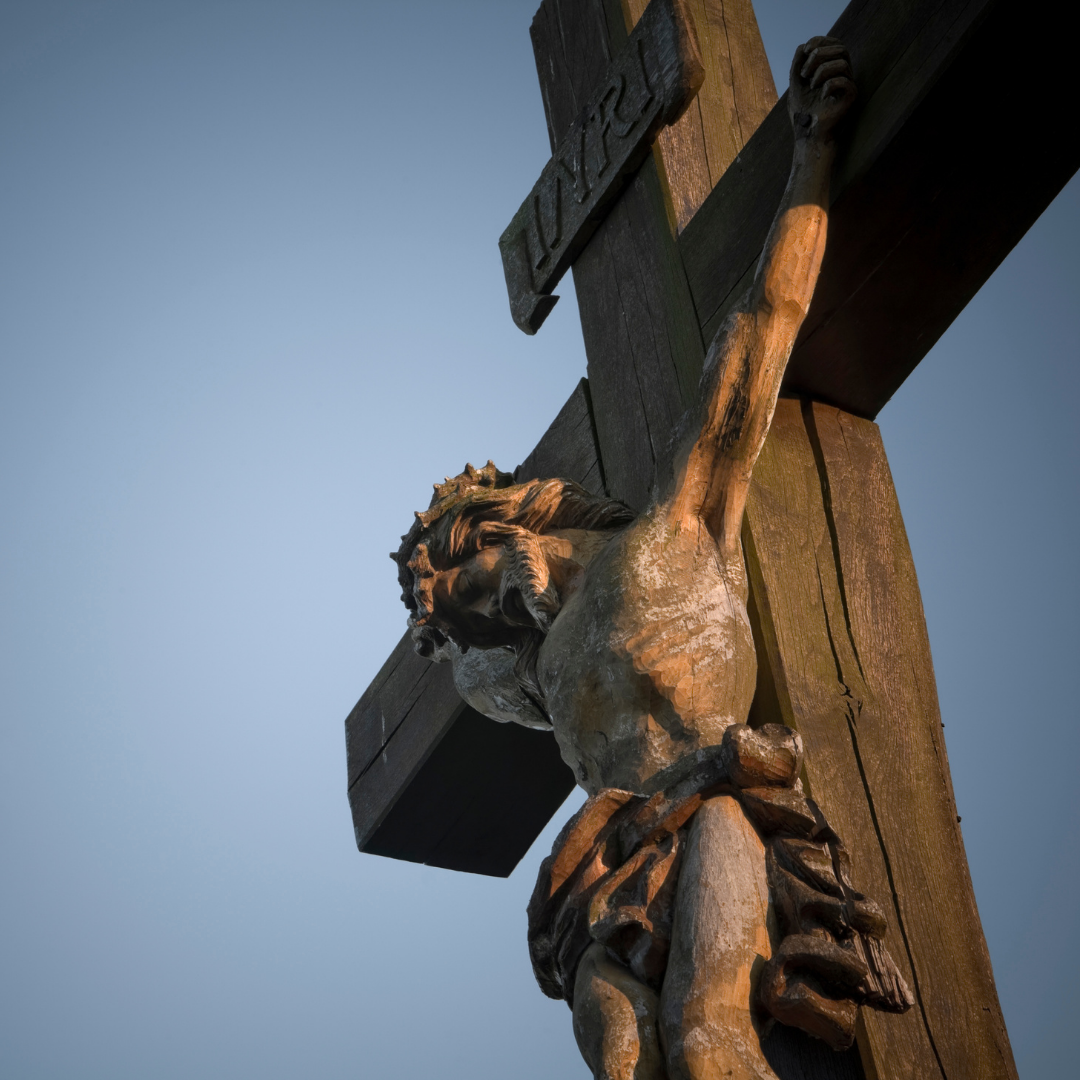
Tina Mayeux examines the idea of forgiveness in the face of the culture of vengeance and retribution that is currently prevalent in society.
Throughout history, we can find victims of terrible atrocities everywhere we look. Even today, we see victims of injustice in so many circumstances. Probably each of us can think of a time when we, ourselves, were the receivers of a wrong done to us.
I was recently listening to Bishop Robert Barron speaking on the radio about the topic of forgiveness. The conversation focused on how in today’s society, many people and groups are solely focused on retribution for wrongs or hurts done. In so many instances, we have lost or forgotten the element of mercy and forgiveness. Bishop Barron warned that this is very dangerous and dark place for our society to be in. he discussed the idea that when we, as a culture, make the decision to eliminate God from the public sphere, as we have in the past few years and decades, then something more sinister moves in – something dark and foreboding. This desire for retribution, or the “cancel culture,” has begun to replace the Christian virtues of charity, mercy, and forgiveness, which Jesus taught through His life, death, and Resurrection.

Forgiveness does not mean we ignore the hurt that has been done or pretend it didn’t happen. Bishop Barron continued by asserting that we must, indeed, recognize victims of injustice and work toward a more fair and equal society. He said that to forgive blindly without acknowledging the wrong that has been done is a form of sentimentality that does not concede the truth. However, he said that if we are to build a more merciful and Christian society, we must rediscover the virtues of communal forgiveness and relearn the value of love over vengeance and retribution.
Examples of God’s love and mercy are found throughout the Old Testament, when He forgave His people as they wandered far from Him time and time again. Jesus’ Divine Mercy toward His executioners, the Good Thief on the Cross, and His apostles, demonstrates His perfect and unending love for us. Each day, as we lose our way, Our Lord is continually welcoming us back into His arms through the Sacrament of Reconciliation and giving Himself completely to us in the Holy Eucharist.
Those who engage in today’s “cancel culture” are like the Unforgiving Servant in Matthew’s Gospel, who forgot about the great mercy extended to him and exacted harsh justice upon his fellow servant who owed him a much smaller debt. His master then chastised him by saying,
“I forgave you your entire debt because you begged me to. Should you not have had pity on your fellow servant, as I had pity on you?” (Matthew 18: 32-33)
If we neglect to forgive others their faults and mistakes, we are in danger of meeting a similar fate of the Unforgiving Servant, who was handed over to the torturers until he paid the whole debt.

Pope Francis, too, reminds us that if Our Lord has forgiven us for our sins, we should strive always to forgive others as well. In a midday Angelus reflection in September 2020, he stated,
It is necessary to apply merciful love to all human relationships: between spouses, between parents and children, within our communities, in the Church, and also in society and politics. (September 13, 2020)
The Holy Father also encourages us to entrust ourselves to Mary Our Mother to help us to embody this virtue of forgiveness and mercy. He said that if we realize how much we are indebted to God, it will enable us to open our hearts and forgive others’ wrongs against us.
Forgiveness is not easy, but it is necessary to live a truly Christian life. It begins within the family and in our communities. If we can forgive the minor, daily irritations and overlook the faults of those around us, we will learn to let go of the more deep and painful wounds that we have sustained on life’s battlefield. We can ask Our Lady and the saints to help us in our struggle to exercise mercy and Christian charity when it is most difficult, trusting that they will help us on the way.

Copyright 2021 Christina Mayeux
Images: Canva Pro
About the Author

Tina Mayeux
Tina Mayeux is a wife, mother of three daughters, and lifetime Southerner. When she is not busy with her family, she writes in hopes of helping to share the joy of the gospel and Jesus Christ with others. She has contributed to Catholic Digest, Patheos, and The Real Deal of Parenting, and blogs on Substack. Follow her on Instagram @wayofthewildflowers.


.png?width=1806&height=731&name=CatholicMom_hcfm_logo1_pos_871c_2728c%20(002).png)
Comments